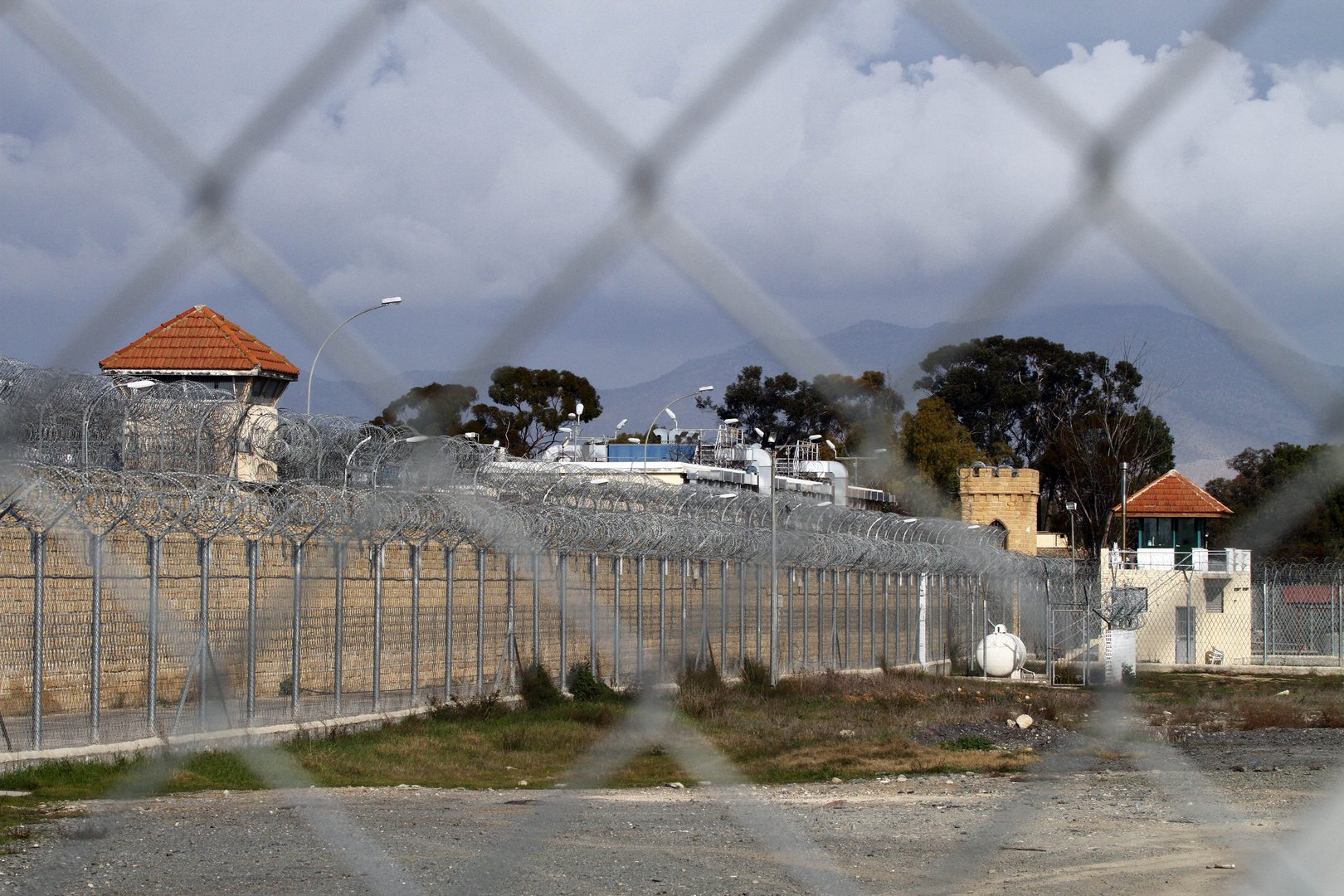The justice ministry is forging ahead with the installation of a new system for deactivating mobile phones inside the Nicosia prisons in order to deal with the problem of organised crime and drug use, minister Marios Hartsiotis said on Thursday.
Speaking to public broadcaster CyBC, the minister said the undertaking so far had failed and became tangled up in legal issues, but a new system would be operational in a short time.
In the meantime, he said there would be extra clampdowns on every possible way, drugs make their way into the prisons such as during the transportation of suspects from the courts back to their cells.
“The ministry is concerned with the problem of corruption in the prisons and the goal is to limit the phenomenon to the greatest extent possible,” he said.
Just days ago, a Supreme Court decision related to another issue brought to light the extent of organised crime within the central prisons.
Recorded material revealed a prisoner carrying out a video call and openly ordering the person on the other end to carry out a crime. This was all done from inside a prison cell at around 2am on January 31.
The issue of inmates using mobile phones within prisons has been a thorn in the government’s side for years.
MPs have long warned about prisoners using mobile phones to conduct criminal activities with the outside world.
The system aimed at deactivating mobile phones has still not been implemented, though it has been discussed for years with the contract for a service provider being contested, among other delays.
Hartsiotis told Cybc that the new prison would be completed within 2026 on the same site as the existing ones – the closed prison and the open prison.
He also said the construction of a juvenile detention centre was progressing and a the legal framework would be ready inside two months. The construction would be carried out by a private company.







Click here to change your cookie preferences